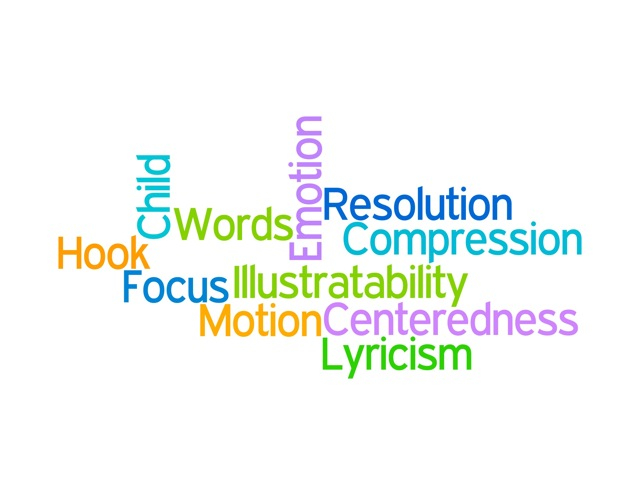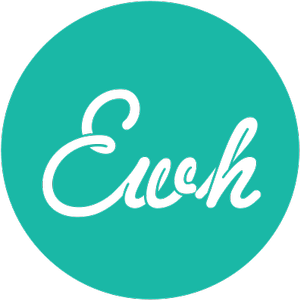
10 Words Every Picture Book Author Must Know
Last week at the SCBWI Winter Conference, the award-winning author Jane Yolen talked about ten words that every picture book author should know: Lyricism, compression, child centeredness, focus, hook, words, ‘illustratability’, motion, emotion and resolution.
I found this list particularly inspiring, and thought I would try my hand at riffing on each word, and why it’s so important to children’s book authors, over the next few blog posts.
Herewith, my humble attempt at translating the first word in Jane’s list:
Lyricism
Jane defined this as lyric sensibility, resonance and singability. I’d add rhythm, musicality, emotion and style.
It’s the difference between “Grandfather Twilight lived among the trees” (from Grandfather Twilight by Barbara Berger) and “Once upon a time there was an old man named Grandfather Twilight who lived in the forest.”
It’s “The night Max wore his wolf suit and made mischief of one kind and another his mother called him “WILD THING!” (Where the Wild Things Are, by Maurice Sendak) versus “One night a boy named Max dressed up in a wolf suit, behaved badly and got into trouble.”
Picture books are written and designed to be read aloud with a child, so the aim of lyricism is readability. We want the text to engage the ear as much as the imagination.
Let’s look at a few other examples:
“Good night to the old lady whispering hush,” (Goodnight Moon, by Margaret Wise Brown) is so much better than “Good night to the nanny in the rocking chair,” or even, “Good night, old lady who tells me to hush.” It’s more sing-song in rhythm (of course this is a rhyming book, so it has to be) and “whispering” evokes the quiet of the room and the character of the old lady as well as of the little bunny telling the story.
“Oh, how Willie wished he could whistle!” (Whistle for Willie, by Ezra Jack Keats) is much more lyrical than “Once there was a little boy named Willie who wished he could whistle.” It’s direct, personal, emotional (the “Oh!” suggests extra passion) and the alliteration makes it totally musical.
Do you see how the lyrical sentences have style, rhythm, and/or evoke a feeling, rather than simply telling the story? The lyric quality makes them that much more fun to read, as well as to listen to.
Two last important points:
Lyricism doesn’t require wordiness (remember, the next word in Jane’s list is “compression!”), but it does require imagination and style.
Lyricism doesn’t need to be at the expense of humor. Just because something is poetic or musical doesn’t mean it can’t also be scathingly funny (just ask Shel Silverstein.)
